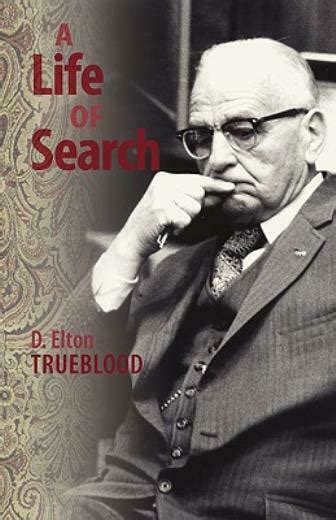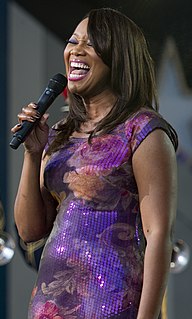A Quote by John Campbell Shairp
Criticism is not religion, and by no process can it be substituted for it. It is not the critic's eye, but the child's heart, that most truly discerns the countenance that looks out from the pages of the gospel.
Related Quotes
A sweet attractive kind of grace, A full assurance given by looks, Continual comfort in a face, The lineaments of Gospel books; I trow that countenance cannot lie, Where thoughts are legible in the eye. Was never eye, did see that face, Was never ear, did hear that tongue, Was never mind, did mind his grace, That ever thought the travel long- But eyes, and ears, and ev'ry thought, Were with his sweet perfections caught. [trow; believe or think]
Our religion is one which challenges the ordinary human standards by holding that the ideal of life is the spirit of a little child. We tend to glorify adulthood and wisdom and worldly prudence, but the Gospel reverses all this. The Gospel says that the inescapable condition of entrance into the divine fellowship is that we turn and become as a little child.
Ahab cast a covetous eye at Naboth's vineyard, David a lustful eye at Bathsheba. The eye is the pulse of the soul; as physicians judge of the heart by the pulse, so we by the eye; a rolling eye, a roving heart. The good eye keeps minute time, and strikes when it should; the lustful, crochet-time, and so puts all out of tune.
Unless we believe the gospel, we will be driven in all we do-whether obeying or disobeying-by pride ('self-love') or fear ('of damnation'). Apart from 'grateful remembering' of the gospel, all good works are done then for sinful motives. Mere moral effort may restrain the heart, but does not truly change the heart. Moral effort merely 'jury rigs' the evil of the heart to produce moral behavior out of self-interest. It is only a matter of time before such a thin tissue collapses.
Only the gospel can truly save you. The gospel doesn't make good people good; it makes dead people alive. That's the difference between the gospel of Jesus Christ and every other world religion. All the others exhort their followers to save themselves by being good, by conforming their lives to whatever their worshiped deity is. But the gospel is God's acceptance of us based on what Christ has done, not on what we can do.
A Christ upon paper, though it were the sacred pages of the Gospel, would have been as powerless to save Christendom as a Christ in fresco; not less feeble than the Countenance which, in the last stages of its decay, may be traced on the wall of the Refectory at Milan. A living Christ is the key to the phenomenon of Christian history.




































